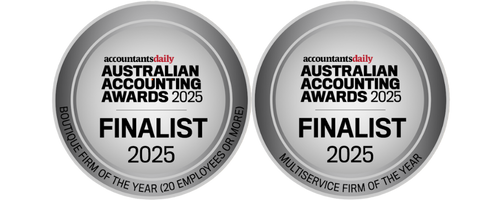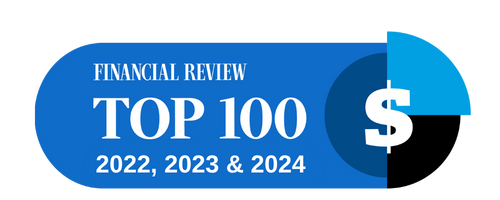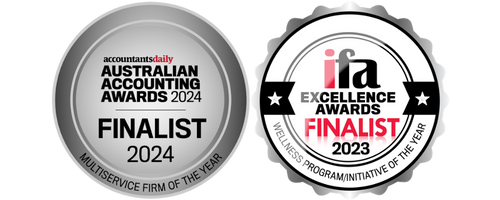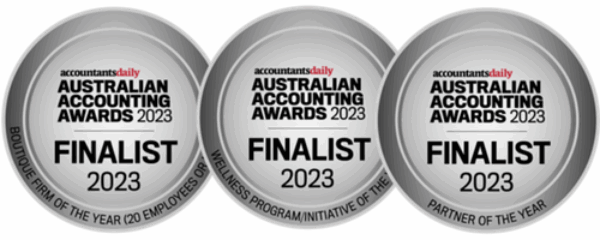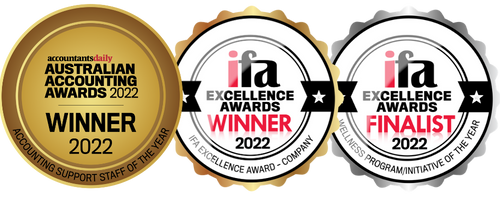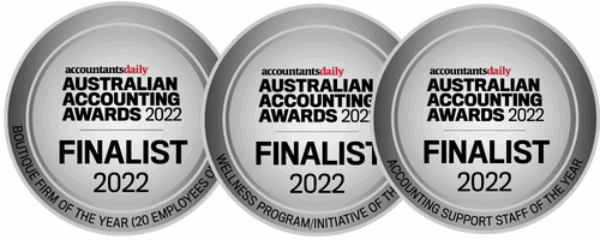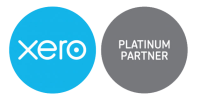By Michael Walsh, CEO of Walshs
As the world struggles with many changes brought about by COVID-19, there are a number of measures business owners should be considering as they plan their 2019-2020 tax requirements.
Income deferral and expense acceleration
If you think your income for the next financial year may be lower than your 2019-2020 income, you could consider deferring income until after 1 July, 2020.
For example, if you are thinking of selling an asset which will make a capital gain, you could defer the sale to after 30 June. If you are entitled to receive a bonus, defer to the next income year.
Also, if you wish to minimise the current year’s taxable income, you could bring forward deductible expenditure to before 1 July.
Small business prepayments
Businesses with aggregated turnover of less than $10 million can claim immediate deductions for certain pre-paid business expenses where the expenditure is for less than 12 months, including rent, insurance, advertising, repairs, travel, interest and leases.
Instant asset write-off expansion
Assets purchased from 12 March to 30 June, 2020, will be eligible for the instant asset write-off new threshold, with the asset cost base increased to $150,000 (from $30,000).
Eligibility has also been expanded to cover businesses with an aggregated turnover of less than $500 million. Businesses can claim an immediate deduction (business portion only) for multiple assets, either new or second hand.
Note that the instant asset write-off threshold reverts to $1000 from 1 July, 2020. The increase to $150,000 brings into play more expensive assets such as trucks, motor vehicles, tractors, computer equipment, furniture and expensive machinery.
Financed assets are also eligible. This means assets that are subject of a commercial loan, chattel mortgage or hire purchase will qualify.
But assets that are subject to a lease will not qualify for the write-off as the ownership of the asset remains with the finance company.
In the case of motor vehicles designed to carry a load of less than one tonne and fewer than nine passengers, the cost of the vehicle that can be claimed is limited to the current car depreciation limit of $57,581.
Accelerated depreciation
A new time-limited 15-month investment incentive (through to 30 June, 2021) allows a deduction equal to 50% of the cost of an eligible new asset, with the standard existing depreciation rules applying to the balance of the asset’s cost.
A small business (turnover up to $10 million) could deduct 57.5% (rather than 15%) of the business depreciating asset.
Foreign residents – CGT main residence exemption removed
New legislation recently passed prevents people who have been Australian residents for tax purposes for many years from using the CGT main residence exemption if they are foreign residents (e.g. expats) at the time the residence is sold.
This law will be effective for residences sold after 30 June, 2020, so there is a time period available to avoid the additional capital gains tax.
Rental properties
It is important to consider that if you are prepaying interest on the property loan, ensure you have a quantity surveyor report for the property (depreciation and capital allowance deductions), repairs and insurance.
Remember that travel to inspect your rental property is no longer a tax deduction.
Employees working from home
As a result of COVID19 and more people having to work from home, the ATO has introduced a “short-cut” method to calculate working from home expenses. Under this new method, you can claim 80 cents per work hour.
Superannuation
For concessional (tax deductible) contributions, the maximum allowable contribution from all sources remains at $25,000 each.
If your employer superannuation contributions for you are less than $25,000 you can “top up” as a personal contribution, provide the combined contributions do not exceed $25,000.
From 1 July, 2018, if you have total super balance of less than $500,000 at 30 June, 2018, and you make or receive concessional contributions of less than $25,000 (the concessional cap) you may be able to claim more in a subsequent income year.
The ability to make “catch-up” contributions from 1 July, 2019, is particularly helpful for those returning to the workforce (such as those on maternity or paternity leave), those whose income has increased from prior years or those who receive a one-off windfall gain.
Bad debts and stock
Businesses which account on an accruals basis should review debtors and write off any bad debts before 30 June. Also, write off any obsolete or slow moving stock.
Records
This is a good time of year to get your business and taxation records in order. Tax planning is about knowing what is the likely taxable income for the year, the estimated income tax payable, reviewing cash flow and developing strategies to legally obtain the best tax result.
Amnesty on unpaid superannuation guarantee
A number of incentives are available for employers to pay any unpaid Superannuation Guarantee (SG) amounts relating to the period 1 July, 1992 to 31 March, 2018.
Normally, where the employer has not paid the SG for employees the employer will be assessed the Superannuation Guarantee Charge (SGC) which is not tax deductible. The charge includes the SG not paid, interest on the SG shortfalls and an administration fee (usually $20 per employee per quarter).
The incentives to pay any SG shortfall and the charge apply until 6 September, 2020, and include:
* The SGC will be tax deductible – consider paying before 30 June, 2020.
* The administration fee will waived.
* No penalties will be applied for failing to lodge an SGC statement.
For more information
If you have any queries on the above or wish to discuss your year end tax planning, cash flow or the SGC amnesty please contact us at Walshs on 07 32215677 or email your relevant partner.




